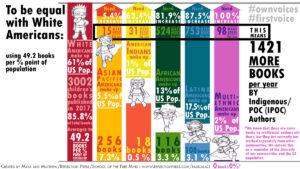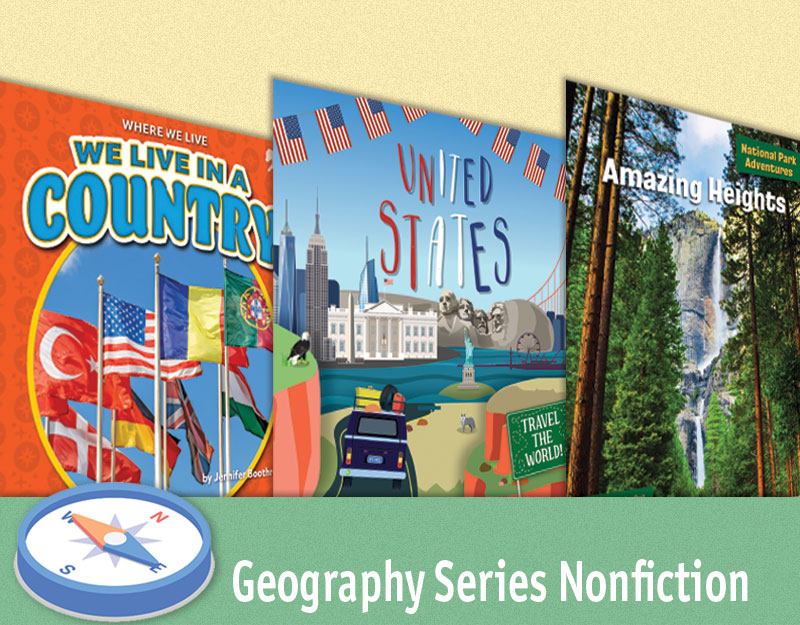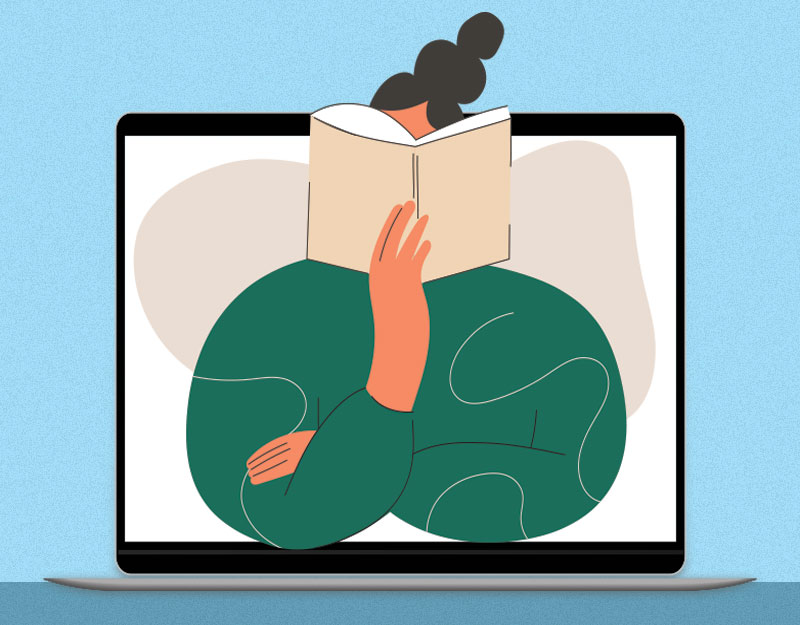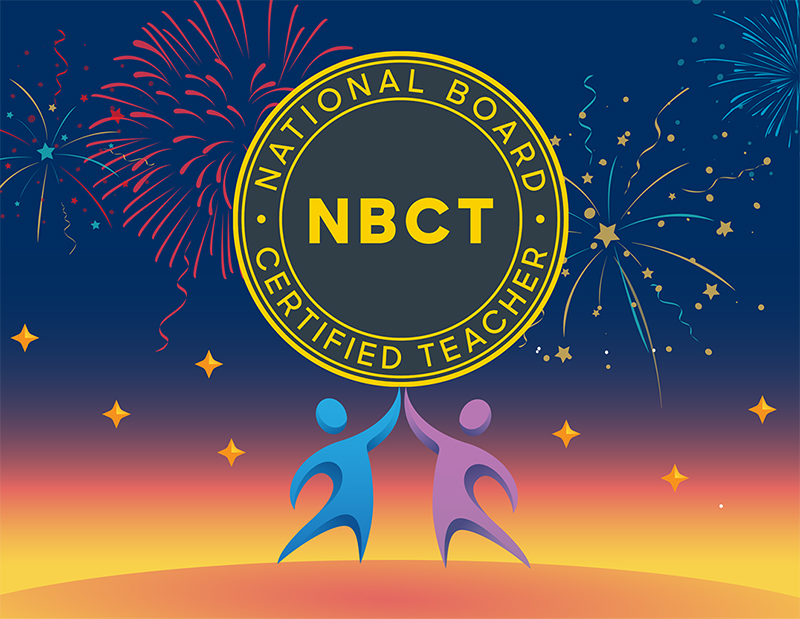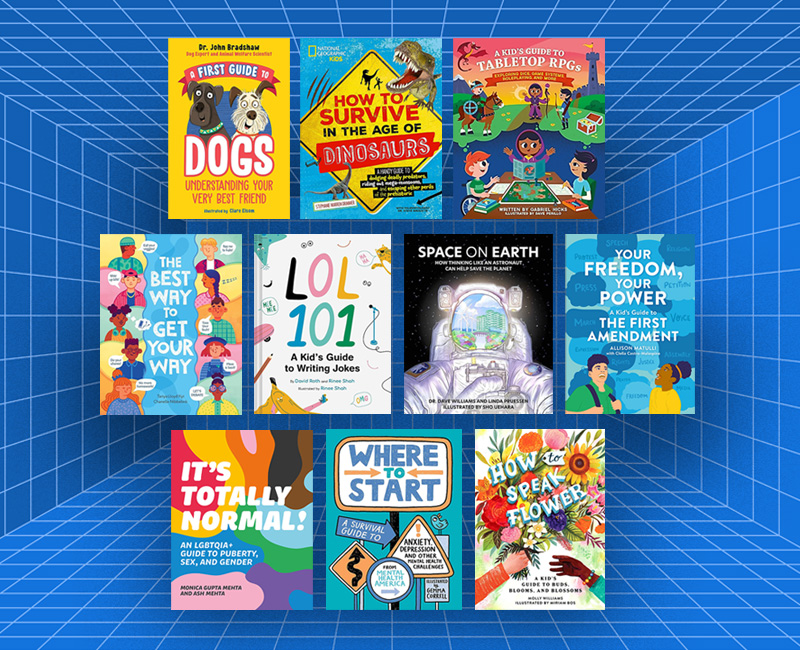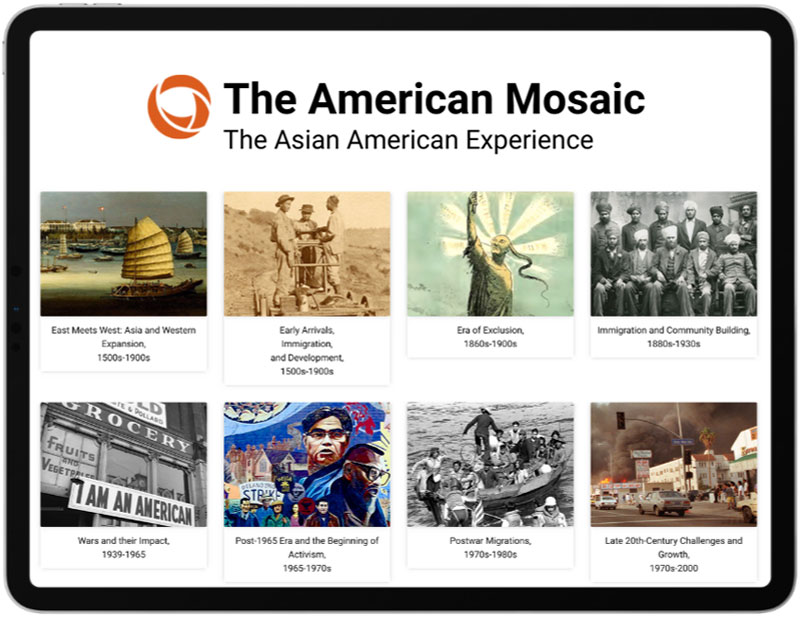Do You Know: Reflection Press & Children’s Books as a Radical Act, a Diversity Audit Resource
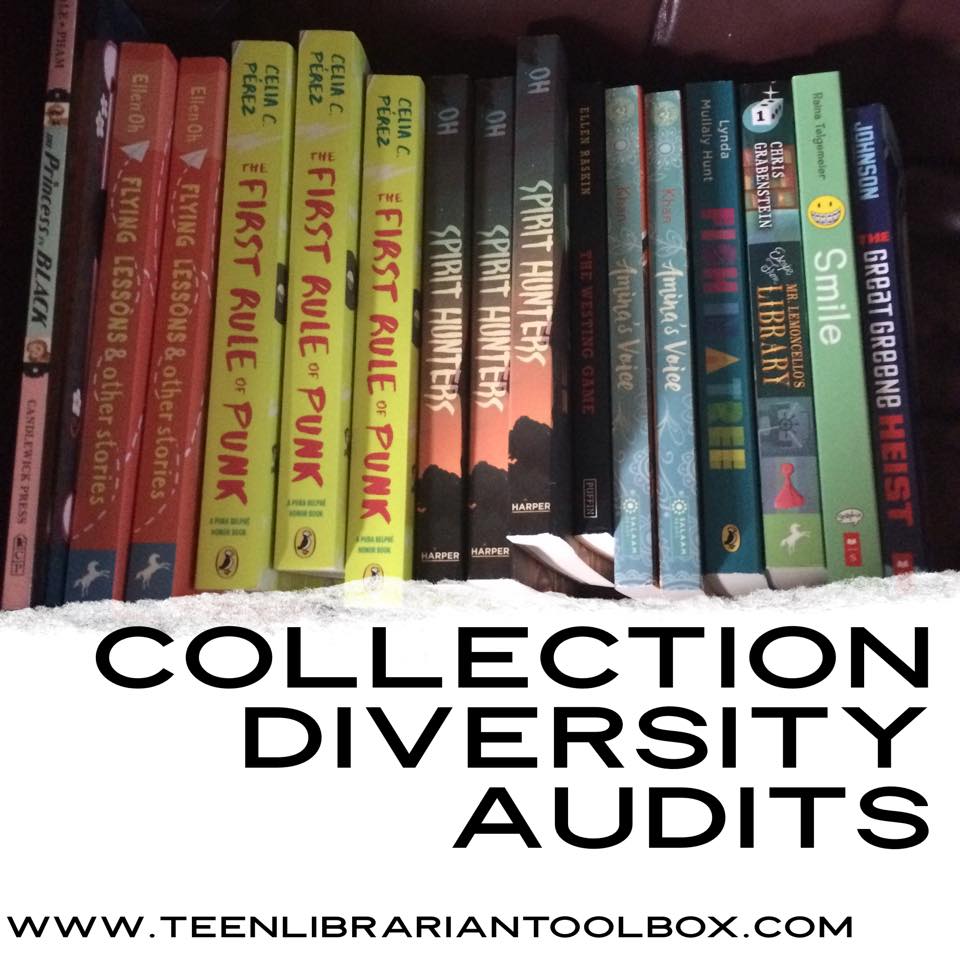
I’ve been working on updating my information and resources on doing a diversity audit when I stumbled upon another wonderful resource I want to make sure everyone is aware of: Reflection Press. Reflection Press has taken information from the 2017 CCBC U.S. publishing diversity data and turned it into a very well done inforgraphic. One of the things I really like about this infographic is that is specifically compares publication data to demographic data and gives concrete numbers for how many more titles would have to be published to reach the bare minimum of representation. This breakdown of the data suggests that another 1,421 books by indigenous and poc authors would be needed to bring the number of titles published anywhere close to population data. You can view the entire infographic and their analysis of the data at Reflection Press.
One of the questions I get asked every time I do a presentation on a diversity audit is, what are the target goals I should meet in building diverse/inclusive collections? I don’t have concrete answers for this question in part because I don’t want to say we should buy x number of titles by own voices authors and this number only. For one, the question itself and any answer I could give would still presume that white is the default, which is a mindset that white librarians like myself must deconstruct, dismantle and move away from if we really want to work towards achieving the goal of equity and inclusion.
ADVERTISEMENT
ADVERTISEMENT
So while I don’t in any way want to imply that this number is the goal – in part because achieving the bare minimum from year to year will do very little to truly help us build inclusive collections because of the way that the white narrative has historically dominated publishing and the books that already sit on our shelves – I do think that this data helps to illustrate in concrete ways how under-represented marginalized groups are and how hard everyone, but especially white librarians like myself, have to work to truly build inclusive collections in which all of our patrons find themselves represented. Because indigenous and poc authors are so vastly under-represented, this means we have to be very aware and conscious of this information and work with intention to make sure we are finding and buying own voices books.
The CCBC data and the ongoing discussion around it makes very important distinctions in books about vs. books by, as do other advocates of inclusive collections like Lee and Low books. This difference is important because it discusses who gets to tell whose story. This shift towards #ownvoices authors is something that I hope all of us in librarianship who are tasked with collection development are paying attention to. It’s not enough in the year 2019 to make sure we have books that feature diverse characters, I think we also have to pay time and attention to detail as to whose books we are purchasing, what authors we are highlighting, and how we can make sure our teen readers can find not only characters that look like them and understand their world experiences, but authors as well.
More about Own Voices http://www.corinneduyvis.net/ownvoices/
Many years ago I used to work at a library that was close to a juvenile male detention facility, which I was frequently invited to visit. I would often ask a male staff member to go with me. When I was leaving that position and was training my replacement, we had a conversation about these visits and what I did. When I told her that I often took a male staff member with me she replied, “I’m not afraid, I don’t need to take a man with me.” To which I replied, “you misunderstand, I don’t take a male staff member with me because I’m afraid, I take one with me because these are young male teens who need to see positive male role models that read and talk about reading enthusiastically and talk about working in libraries. This isn’t about fear, it’s about modeling.” I didn’t have the words then that I have now, but even back then I was beginning to understand the hows and whys of representation and why it matters. Over the years, my understanding of this concept has grown, solidified, and I believe that we all – but again, especially white librarians like myself who make up approximately 80% of librarianship – need to do our due diligence in building inclusive collections. Representation matters and we have a responsibility to our communities to understand this.
As Reflection Press and others, like We Need Diverse Books and Lee and Low, point out: building a library collection and providing access to books is a radical act. We need to make sure we are doing it right and with intentionality.
Filed under: Collection Development, Representation
About Karen Jensen, MLS
Karen Jensen has been a Teen Services Librarian for almost 30 years. She created TLT in 2011 and is the co-editor of The Whole Library Handbook: Teen Services with Heather Booth (ALA Editions, 2014).
ADVERTISEMENT
ADVERTISEMENT
SLJ Blog Network
2024 Books from Pura Belpré Winners
In Memorium: The Great Étienne Delessert Passes Away
Winnie-The-Pooh | Review
Parsing Religion in Public Schools
ADVERTISEMENT


